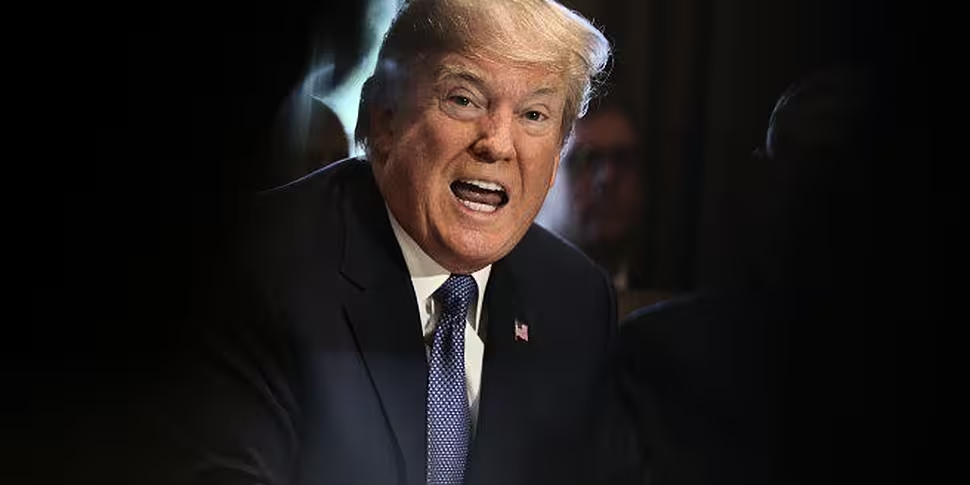The US Supreme Court has agreed to allow the full enforcement of Donald Trump's travel ban on six Muslim-majority countries.
Seven of the court's nine justices granted a request from the US president's administration to lift injunctions that had partially blocked the ban on travellers from Chad, Iran, Libya, Somalia, Syria and Yemen.
It means the controversial measure to restrict travel into the US can be fully implemented, despite ongoing challenges in lower courts.
The US Supreme Court justices offered no explanation for the ruling, but the Trump administration had said that blocking the full ban was causing "irreparable harm" as the policy was based on legitimate national security and foreign policy concerns.
The ban is the third version of a policy unveiled by Mr Trump in his first week in the White House.
There was chaos in airports across the US in January after Mr Trump signed an executive order to deny visas to migrants and visitors from Iran, Iraq, Libya, Somalia, Sudan, Syria and Yemen.
The decree was suspended by a US appeals court the following month, forcing Mr Trump to issue a revised ban in March.
Following a long court battle, the second order expired in September and was replaced with the present version, which was challenged in separate lawsuits by the state of Hawaii and the American Civil Liberties Union (ACLU).
As well as targeting six Muslim-majority countries, the ban covers people from North Korea and Venezuelan government officials.
It does not exclude refugees from the US - a ban on the entry of people fleeing war and persecution expired in October.
The legality of the ban is due to be argued in two US appeals courts this week, with the hearings expected to be run on an accelerated basis.
This leaves open the possibility that the travel ban could return to the Supreme Court in yet another legal challenge to the White House.









